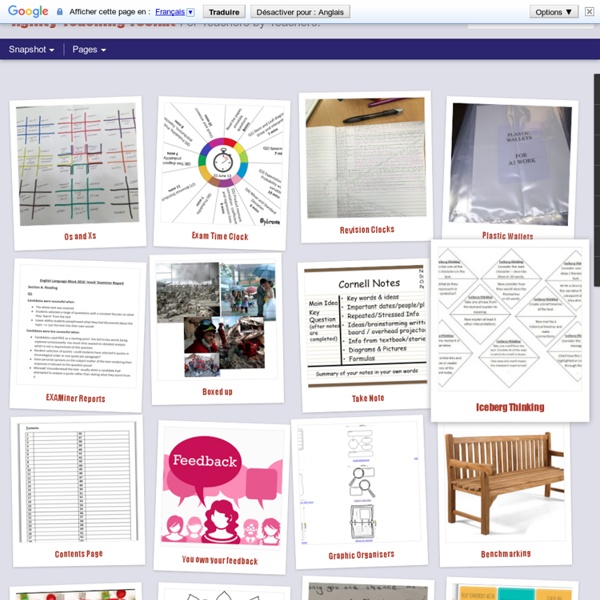



Slow Writing - Literacy Across the Curriculum Part 1 A New Hope IV: Slow Writing / Deep Reading / Thoughtful Talking I have done my first INSET session this week and I would be lying if I said I wasn’t scared. In fact, I was very scared. So scared that I would make a complete fool of myself. It didn’t help that I had man-flu at the same time. Slow Writing Deep Reading Thoughtful Talking Some of these ideas are adapted from other people's ideas. I have designed a three year plan for improving Literacy. With writing in mind, I then thought about what our main priorities could be. In the past (when I was in school) • Mostof the writing done in school. • Reading mostly done at school. • Didn’t usually write at home unless you had homework or a pen pal - sadly, I never had one. • Read if bored and the weather was bad and nothing on TV. Now… • Some writing done at school. • Some reading at school. • Students writing at different times of the day on Twitter, Facebook and mobile phone. • Students are constantly looking at phone throughout the day.
Tech Resources Coming to you from the wonderful Nova Scotian city, Halifax (Canada), Educational Technology and Mobile Learning is an educational blog dedicated to curating, reviewing and sharing EdTech tools and mobile apps. The purpose is to help teachers and educators effectively integrate digital technologies into their day-to-day teaching, learning and professional development. For any questions regarding the blog website or the published content , please contact EdTech admin, editor and blog owner, Med Kharbach at: info@educatorstechnology.com. Med Kharbach is a doctoral researcher and a former teacher with 10 years of classroom teaching experience. Kharbach, M. Example: Kharbach, M. (2016, December 30). 9 Fundamental digital skills for 21st century teachers [Blog post].
Dusty Springfield - i just don't know what to do with myself (HQ)